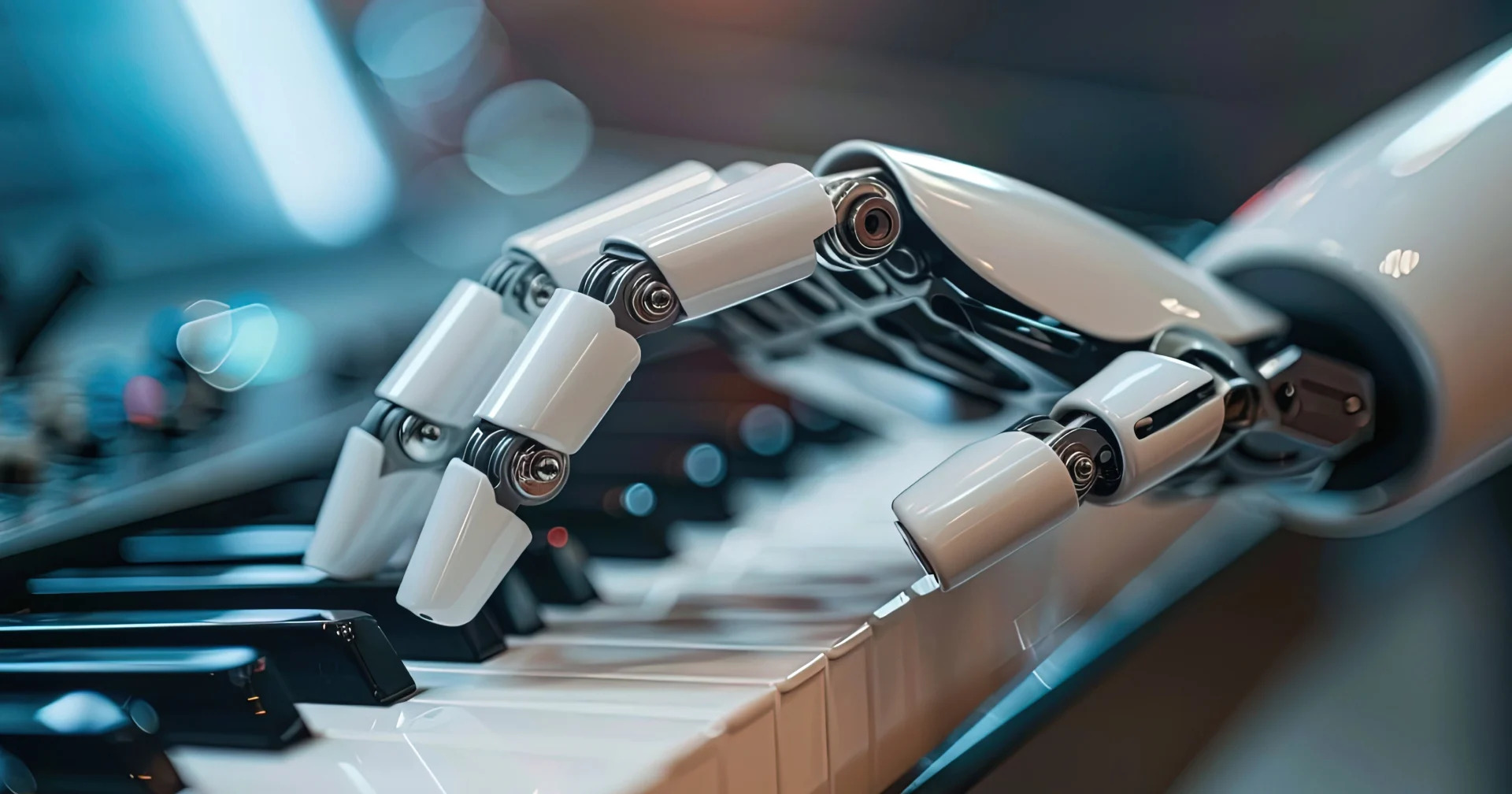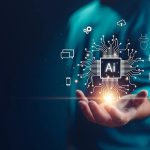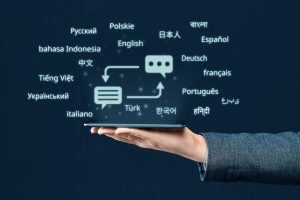
A New Era for the Industry
Technology has always played a role in shaping how music is created, produced, and consumed. With the rise of AI-generated music, the industry is experiencing a shift that challenges traditional concepts of creativity. Artificial intelligence can now compose original melodies, generate lyrics, and even mimic the styles of well-known artists. This advancement is raising important questions about the future of human musicianship, artistic ownership, and the role of technology in creative expression.
The rise of AI-driven music tools has made it easier for independent artists and producers to experiment with new sounds. With just a few prompts, algorithms can generate full compositions, providing musicians with endless possibilities for inspiration. However, this rapid development also sparks debates about authenticity and whether AI-generated content holds the same emotional depth as human-created music. As more artists and record labels integrate AI into their workflows, understanding the implications of this technology becomes essential.
This article delves into how AI-generated music is reshaping the industry, the opportunities and challenges it presents for artists, and what it means for the future of musical creativity. By examining real-world examples and current trends, we gain a clearer picture of how musicians, producers, and audiences are adapting to this new form of artistry.
How AI is Changing the Way Music is Created
Music composition has historically been an art form that relies on human emotion, skill, and experience. AI-powered tools, however, are now capable of analyzing massive amounts of existing music to generate original compositions in a fraction of the time. These systems use machine learning models trained on various genres, allowing them to craft melodies and harmonies that sound remarkably human-like.
Producers and songwriters are beginning to use AI not only to create full tracks but also to assist in generating ideas. Some musicians rely on AI tools to compose backing tracks, experiment with chord progressions, or refine melodies. This technology provides a starting point for artists who might be facing creative blocks, making the songwriting process faster and more efficient.
Despite its efficiency, the use of AI in music composition raises concerns about originality. If an AI system learns from existing works, how much of its output is truly original? The fine line between inspiration and imitation is becoming harder to define, leading to ongoing discussions about intellectual property and copyright.
The Benefits of AI-Generated Music for Artists
For musicians, AI-generated music offers a range of benefits that can enhance creativity and productivity. One of the most significant advantages is the ability to automate repetitive tasks, such as sound design, mastering, and beat-making. This frees up time for artists to focus on other aspects of their craft, such as refining lyrics or experimenting with new sounds.
Independent artists, in particular, can use AI tools to produce high-quality tracks without the need for expensive studio time or professional sound engineers. AI-powered platforms enable musicians to mix and master their songs with just a few clicks, leveling the playing field for those who might not have access to industry-standard equipment.
Moreover, AI-generated music can serve as a collaborative tool. Instead of replacing human creativity, AI can be used to supplement artistic vision. By generating music samples or offering alternative compositions, AI can act as a virtual assistant that provides inspiration and new perspectives.
Challenges and Ethical Concerns in AI-Generated Music
As AI-generated music gains popularity, ethical and legal concerns are becoming more prominent. One of the biggest debates centers around ownership and copyright. If an AI system composes a song, who owns the rights to that piece of music? Current copyright laws are not designed to address this issue, leaving artists, developers, and record labels in a legal gray area.
Another challenge is the potential oversaturation of AI-created content. With AI making music creation more accessible, the industry could see an influx of generic, formulaic tracks that lack the emotional nuance of human expression. This raises concerns about the devaluation of music and whether AI-generated songs can truly resonate with listeners in the same way human compositions do.
There is also the question of authenticity. Many listeners connect with music on a deeply personal level, often because of the artist’s own life experiences and emotions. If a song is created by an AI, does it still hold the same meaning? This is a topic that both artists and audiences will need to navigate as AI music continues to evolve.
The Role of AI in Live Performances and Music Production
Beyond composition, AI is also making its way into live performances and music production. Some artists have experimented with AI-generated visuals and soundscapes to enhance their stage shows, creating immersive experiences for audiences. AI can also assist in real-time audio processing, making concerts more dynamic and interactive.
In the studio, AI is being used to streamline the production process. Sound engineers can utilize AI-powered mastering tools to fine-tune tracks, while producers can generate new instrumentals instantly. This technology is making it easier than ever for musicians to produce polished music without requiring extensive technical expertise.
However, as AI becomes more integrated into live performances, there is a risk that it could replace traditional musicians. If AI can replicate human voices, generate lyrics, and even perform music in real-time, will there still be demand for live artists? These are questions that the industry must address as AI-driven performances become more common.
How Artists Are Adapting to AI in Music
Despite the challenges, many artists are finding ways to embrace AI while maintaining their creative integrity. Some musicians are using AI as a co-creator, collaborating with the technology to produce unique sounds that would not be possible otherwise. Others are leveraging AI-driven marketing tools to analyze audience preferences and tailor their music to specific listener demographics.
Record labels and streaming platforms are also exploring AI’s potential. AI-generated playlists are helping listeners discover new music, while predictive analytics assist labels in identifying emerging trends. These developments are changing the way music is marketed and distributed, offering new opportunities for both established and independent artists.
The key for musicians is to strike a balance—using AI as a tool rather than allowing it to dictate creativity. While AI can generate music, it cannot replicate the emotions, experiences, and storytelling that human artists bring to their work.
What the Future Holds for AI-Generated Music
Looking ahead, AI is likely to become an even more significant part of the music industry. As technology advances, AI-generated compositions will become more sophisticated, blurring the line between human and machine-created music. This could lead to new genres, experimental sounds, and innovative approaches to music-making.
At the same time, the industry will need to address the legal and ethical implications of AI-generated content. Copyright laws may need to be revised to reflect the role of AI in music creation, and new standards may emerge for how AI-generated songs are credited and monetized.
Ultimately, the rise of AI-generated music represents both an opportunity and a challenge. While it introduces new possibilities for creativity and efficiency, it also forces the industry to rethink the definition of artistry. How musicians and audiences respond to these changes will shape the future of music in ways that are yet to be fully realized.
The Human Touch in a Digital Era
While AI-generated music continues to evolve, the role of human artists remains irreplaceable. Listeners are drawn to music not just for its technical perfection, but for the stories, emotions, and personal connections behind each song. AI may provide new tools for creation, but the heart of music will always lie in the human experience.
For artists, the challenge is to integrate AI in a way that complements their creativity rather than replaces it. As the industry adapts to this technological shift, musicians who embrace innovation while preserving their unique voices will continue to thrive.







